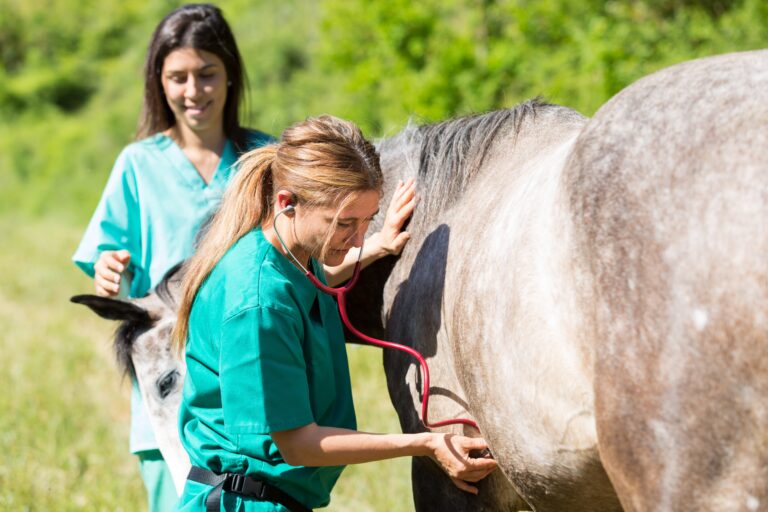
In as much as we are past the mid-point of the 2021-2022 equine reproductive cycle, we thought it was a good time to send a bulletin on confirmed leptospiral abortions submitted to the UKVDL by Kentucky horse farms.
As of today, the UKVDL has confirmed ten leptospiral abortions for the 2021-2022 foal crop. A 10-year plot of equine leptospiral abortions follows (a total of 97 aborted foals). Chart can be seen above.
The first licensed vaccine against leptospirosis was released in the fall of 2015. Since that time, there has been a downward trend for the incidence of lepto abortions based on our diagnostic laboratory cases. To date, there have been no controlled studies to determine a statistical difference between farms that are vaccinating vs. not vaccinating. For the 2019-2020 foal crop, our laboratory confirmed zero foal abortions. According to our laboratory archives, this has not happened for at least twenty years in Kentucky. The UKVDL conducted a twenty-year retrospective study on foal abortions diagnosed from 1993-2012 which identified 541 positive for leptospirosis (see the annual episodic curve by month below). A farm follow-up study conducted for foals aborted during the 2006-2007 foal crop determined that the average loss was $189K/foal. Assuming that has not changed, the losses for the last ten years would be $18M. Further studies are needed to reassess this data.

If you would like to follow near-real-time data regarding leptospiral abortion and many other animal diseases identified in our laboratory, we invite you to browse Dr. Smith’s interactive mapping apps on our web site. In just minutes, anyone can visualize the distribution and number of cases confirmed in any Kentucky county, similar to CDC, Johns Hopkins and other labs are helping us all to follow the COVID-19 pandemic. Please follow these links:
CLICK HERE for the home page that has access to mapping and data for all species.
CLICK HERE for equine leptospiral abortions by county this year and past years.
Please call Dr. Smith if you have any questions regarding her animal health situational awareness systems.
This information was provided by Craig N. Carter, DVM PhD, Director & Professor UK Veterinary Diagnostic Laboratory; 859-257-8283; and Jacqueline L. Smith, MS, PhD, Epidemiologist, UK Veterinary Diagnostic Laboratory, 859-257-8283.









